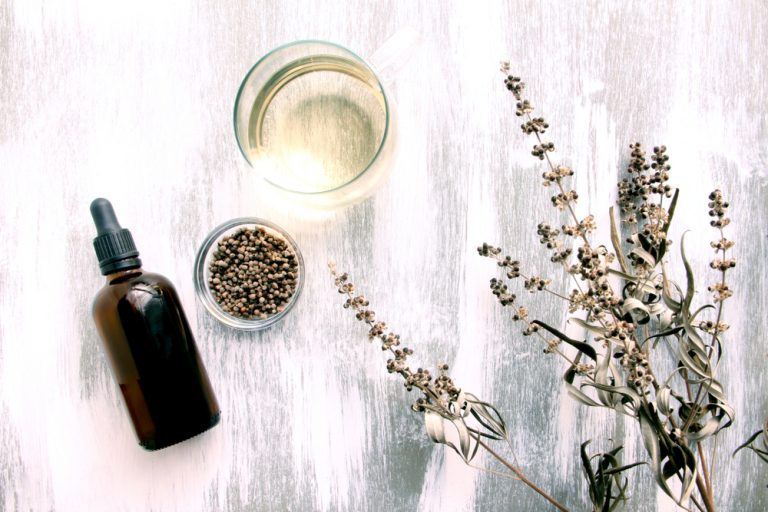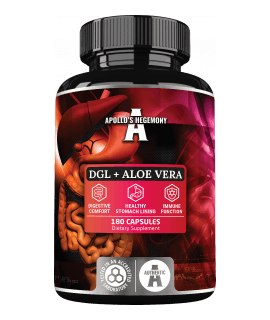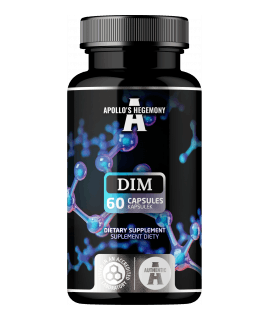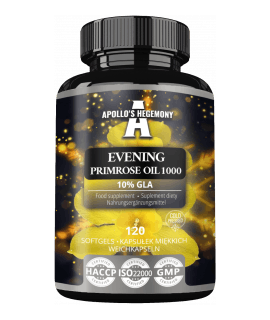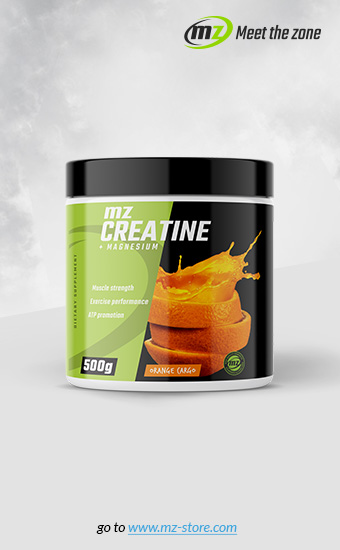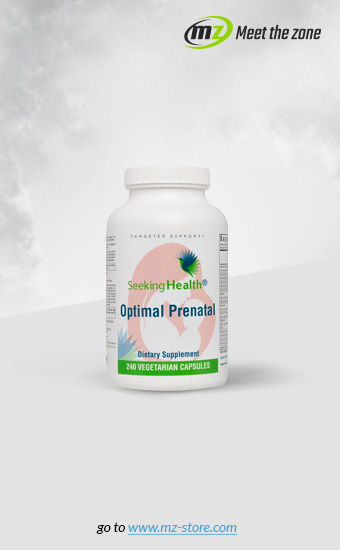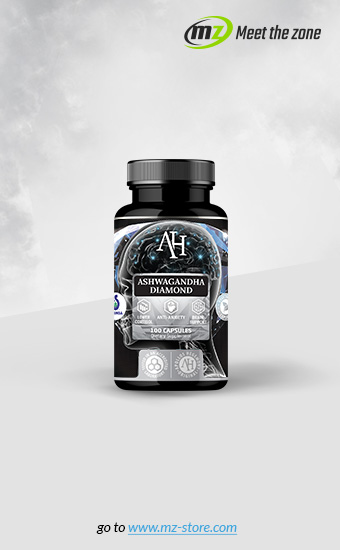Vitex (Vitex agnus-castus) is a plant used in medicine for hundreds of years. Also known as "pure tree", it is often regarded as a remedy for women's health problems. Vitamin supplements usually contain extracts of fruit and / or seeds of the plant.
Vitex actions
Vitex can affect levels of our hormones in many ways. For example, it is said that its support the release of luteinizing hormone and increases the levels of progesterone (a hormone known to play a key role in regulating the menstrual cycle). It is also believed that vitex affects the level of prolactin, which is involved in stimulating breast development and milk production in women.
Application of Vitex
Vitex has been used as a traditional medicine for many conditions affecting women such as postpartum haemorrhage and hormonal disorders. The name "pure tree" comes from folk belief, that vitex is able to suppress the libido.
In alternative medicine, vitex is often used to treat the following problems:
- Premenstrual syndrome (PMS),
- Acne,
- Fibrocystic breast disease,
- Infertility in women,
- Severe, painful and heavy menstruation,
- Symptoms of menopause,
- Benign hypertrophy of the prostate gland,
- Migraines,
- Diseases of the joints.
In addition, it is said that vitex affects the increase in breast milk production.
Although there is a lack of large-scale clinical trials testing the anxiety, some studies suggest that this herb may protect against certain diseases. Here are a few potential health benefits that vitex supplementation provides us with:
1) Premenstrual syndrome
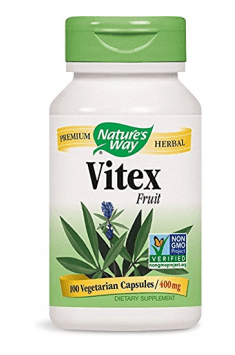
In a report published in the journal "Planta Medica" in 2013, researchers reviewed 12 previously published clinical trials investigating the impact of vitex on women's health. Despite some limitations in the analyzed studies, the results indicate that vitex may be beneficial in the treatment of premenstrual syndrome.
In a more recent study (published in Advances in Therapy in 2014), taking an Vitex once a day for three menstrual cycles seemed to reduce the intensity of premenstrual syndrome symptoms such as bloating, irritability, headache and skin problems. The study included 60 women aged from 18 to 44 years.
2) Symptoms of menopause
In a study review published in the Journal of Alternative and Complementary Medicine in 2009, scientists have found some evidence that vitex can relieve menopausal symptoms. However, the authors note that there are currently no rigorous clinical trials testing the effect of vitex in women during menopause. However, the results so far are promising.
3) Infertility
Dietary supplement containing a mixture of vitex, green tea, L-arginine, vitamins (including folic acid) and minerals can help improve fertility in women, suggests a study published in Clinical and Experimental Obstetrics & Gynecology in 2006.
The study included 93 women (aged 24 to 42) who tried unsuccessfully to get pregnant within 6 to 36 months. After three months of testing, 26 percent of those treated with the vitex supplement became pregnant (compared to only 10 percent of those receiving placebo). This finding suggests that dietary supplements can be an alternative or an addition to conventional infertility treatments (according to the study's authors).
Side effects and safety of use
Vitex may cause a number of side effects, including; bleeding between menstruation, dry mouth, hair loss, headache, pruritus, mild digestive disorders, nausea, rapid heartbeat and skin rash.
Pregnant or breastfeeding women should not take Vitex. In addition, people with hormone sensitive diseases (such as endometriosis, uterine fibroids and breast, ovarian or prostate cancer) should not take vitex. Because vitex may affect the level of dopamine (a neurotransmitter), people with Parkinson's disease, schizophrenia or any other dopamine-dependent disease should avoid vitex (unless the attending physician recommends otherwise).
In addition, there is concern that vitex may reduce the effectiveness of oral contraceptives or hormone replacement therapy.
The information in this article is intended for educational purposes only and is not a substitute for advice, diagnosis or treatment provided by a qualified physician. The article is not intended to cover all possible precautions, drug interactions, circumstances or side effects.
